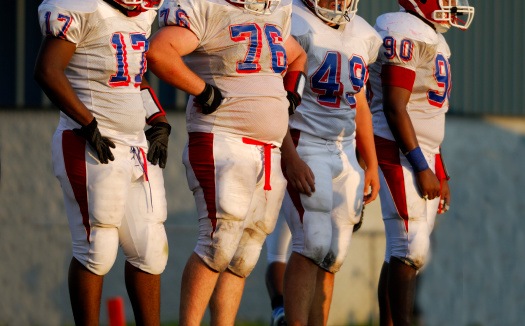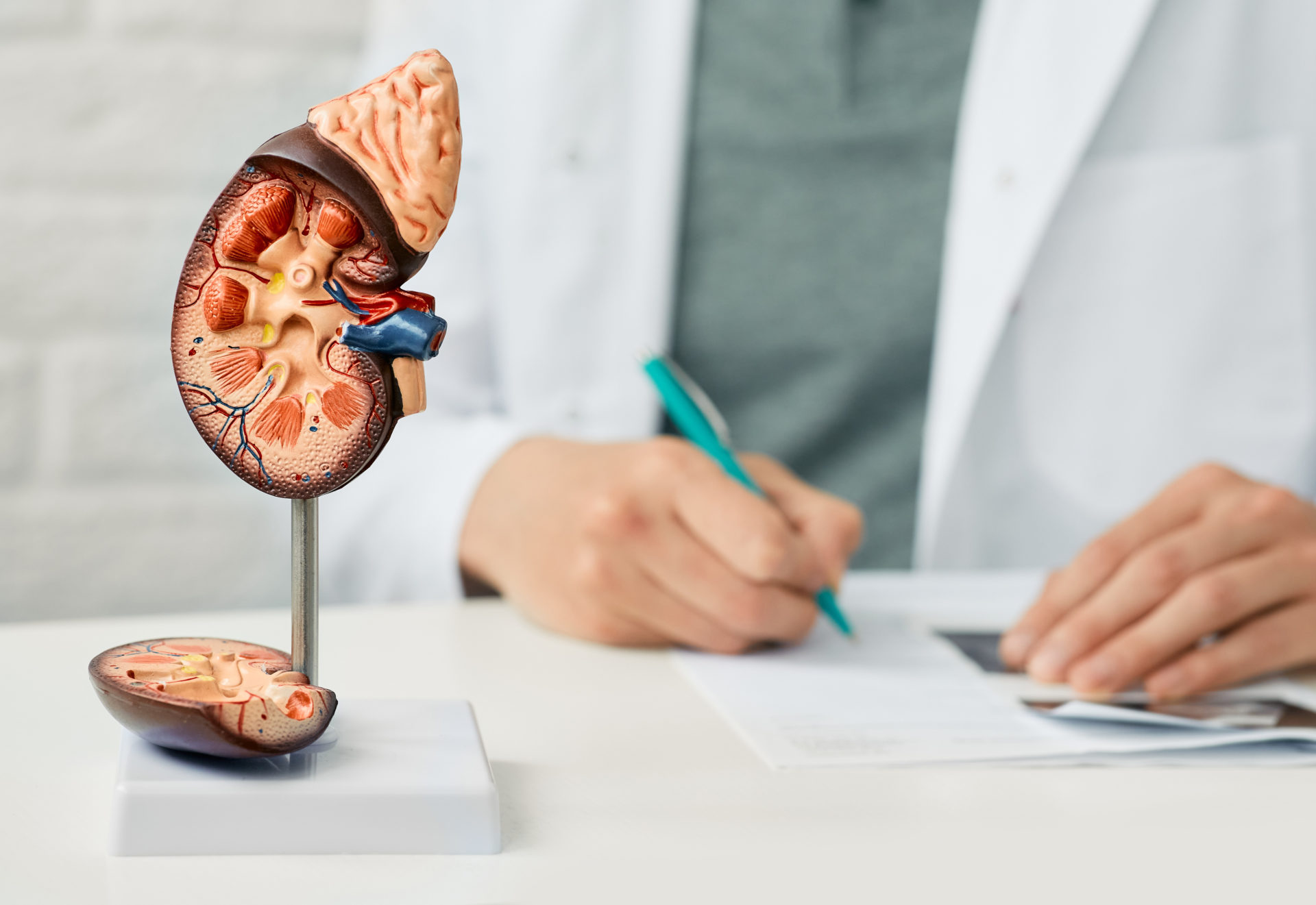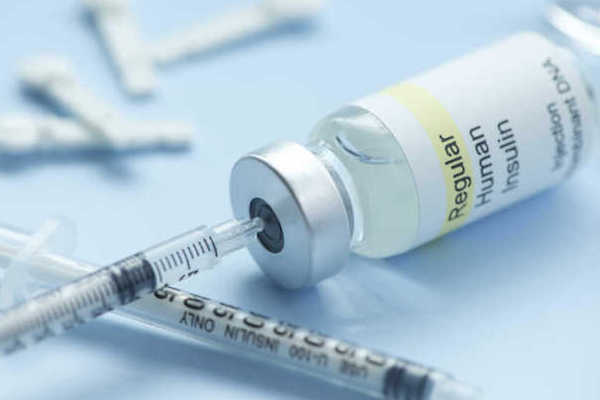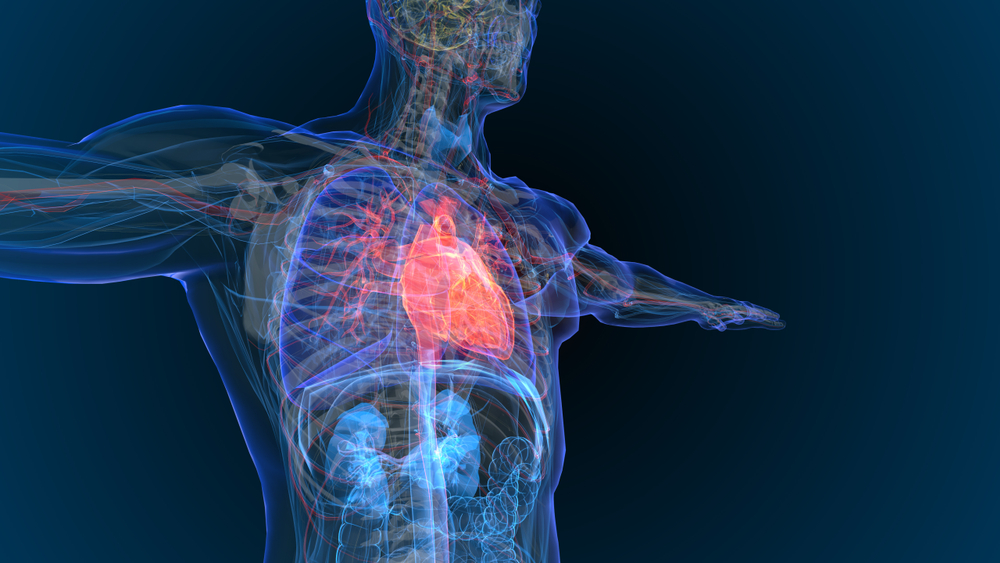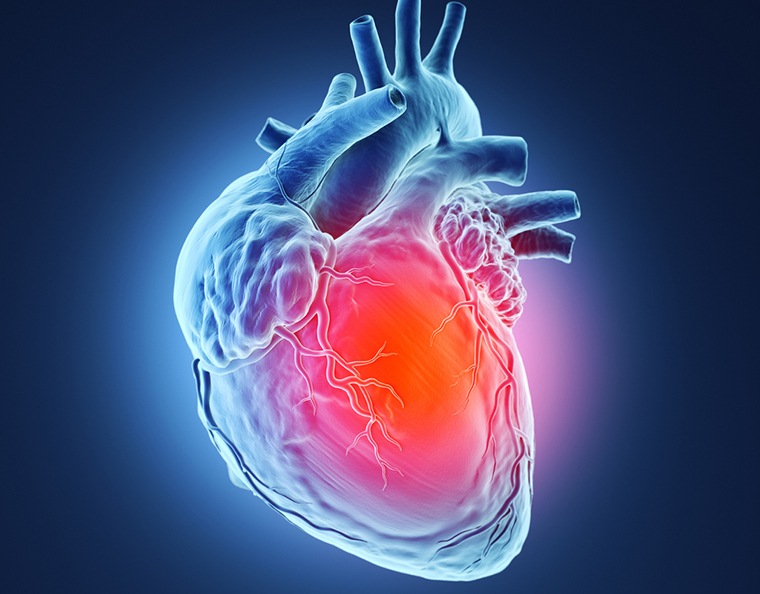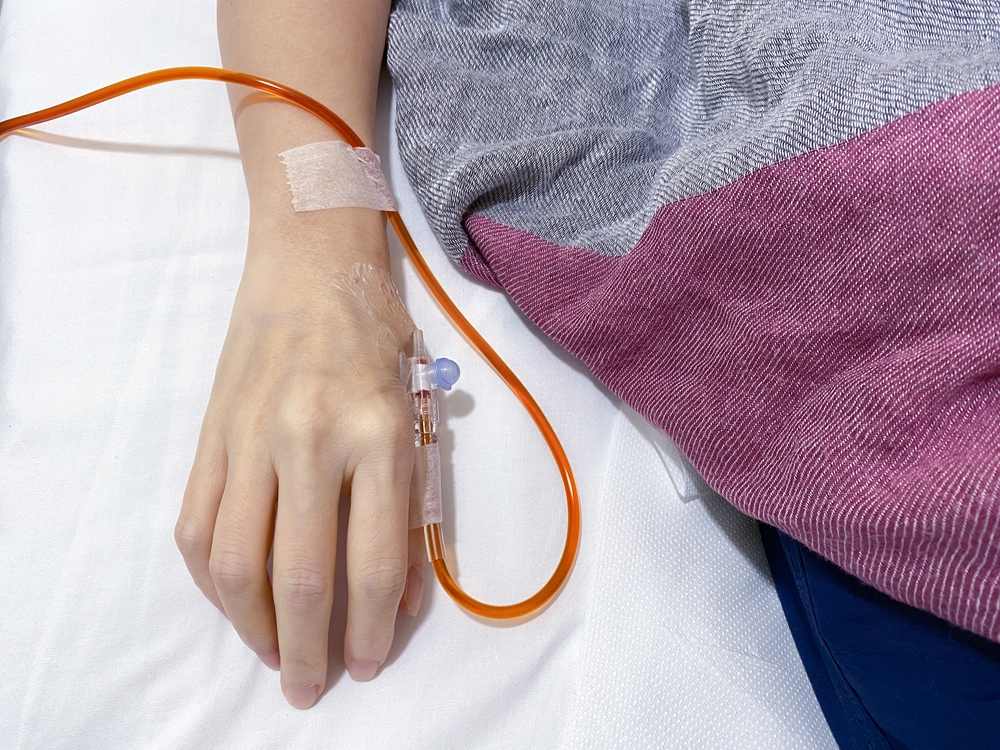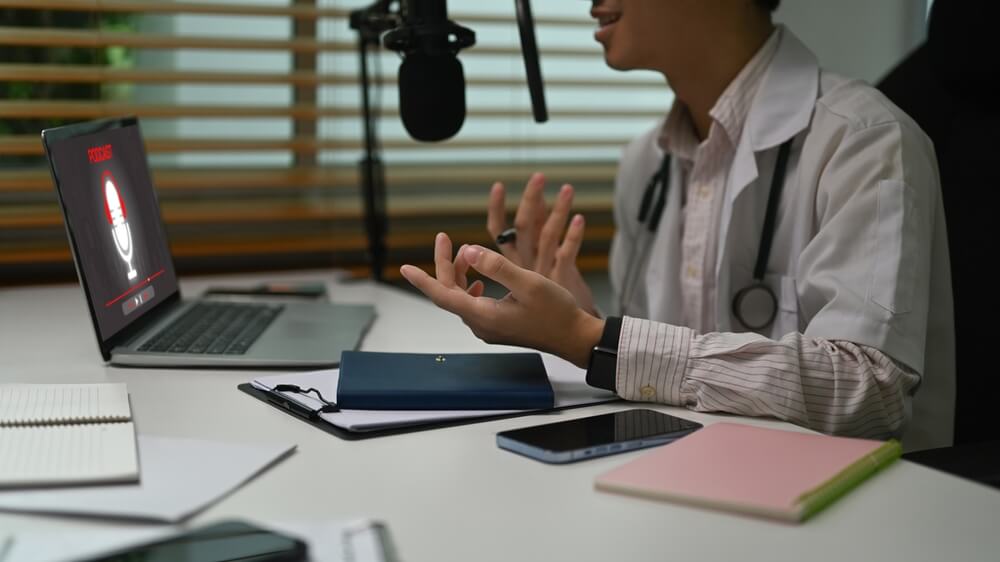Myocardial inflammation due to COVID-19 infection was shown by cardiac magnetic resonance to linger on in some recovered collegiate athletes looking to return to competitive play, a new study indicates.
Researchers for the analysis performed comprehensive cardiac MR examinations in 26 competitive collegiate athletes who were referred to the sports medicine clinical after testing positive for COVID-19. The sports included football, soccer, lacrosse, basketball, and track. None of the subjects in the analysis required hospitalization. A total of 12 participants reported mild symptoms (such as sore throat, shortness of breath, myalgias, and fever) while the remainder were asymptomatic cases. The researchers reported no diagnostic ST/T wave changes on electrocardiogram. Four of the athletes (15%, all male) showed cardiac MR findings “consistent with myocarditis based on the presence of two main features of the updated Lake Louise Criteria: myocardial edema by elevated T23 signal and myocardial injury by presence of nonischemic late gadolinium enhancement.” Pericardial effusion was present in two of the athletes with evidence of myocarditis. The researchers noted that while the results were in line with other research showing lingering cardiac injury in some individuals recovering from COVID-19, the overall data on the matter are still unclear.
“Recent studies have raised concerns of myocardial inflammation after recovery from coronavirus disease 2019 (COVID-19), even in asymptomatic or mildly symptomatic patients,” the authors wrote in their rationale. “Our objective was to investigate the use of cardiac MR imaging in competitive athletes recovered from COVID-19 to detect myocardial inflammation that would identify high-risk athletes for return to competitive play.”
“While long-term follow-up and large studies including control populations are required to understand cardiac MR changes in competitive athletes, cardiac MR may provide an excellent risk-stratification assessment for myocarditis in athletes who have recovered from COVID-19 to guide safe competitive sports participation,” the authors concluded.
The paper was published in JAMA Cardiology.
Seems like that story about the Penn State team doctor stole the headline, but here’s the underlying research he was loosely referencing, and it seems to support his broad assertion — 30% of elite, young athletes show signs of heart damage after recovery from Covid. https://t.co/Tx9e9ul7IL
— Listen Ocassionally! (@LotaInsLotaOuts) September 11, 2020
While largely a respiratory disease, evidence is mounting that COVID can cause serious cardiac injury, including acute myocarditis, inflammation of the heart and injury to the heart muscle — in healthy adults. https://t.co/z6wMk7YdQh
— unworry (@unworry) September 11, 2020
Credit: Original article published here.

